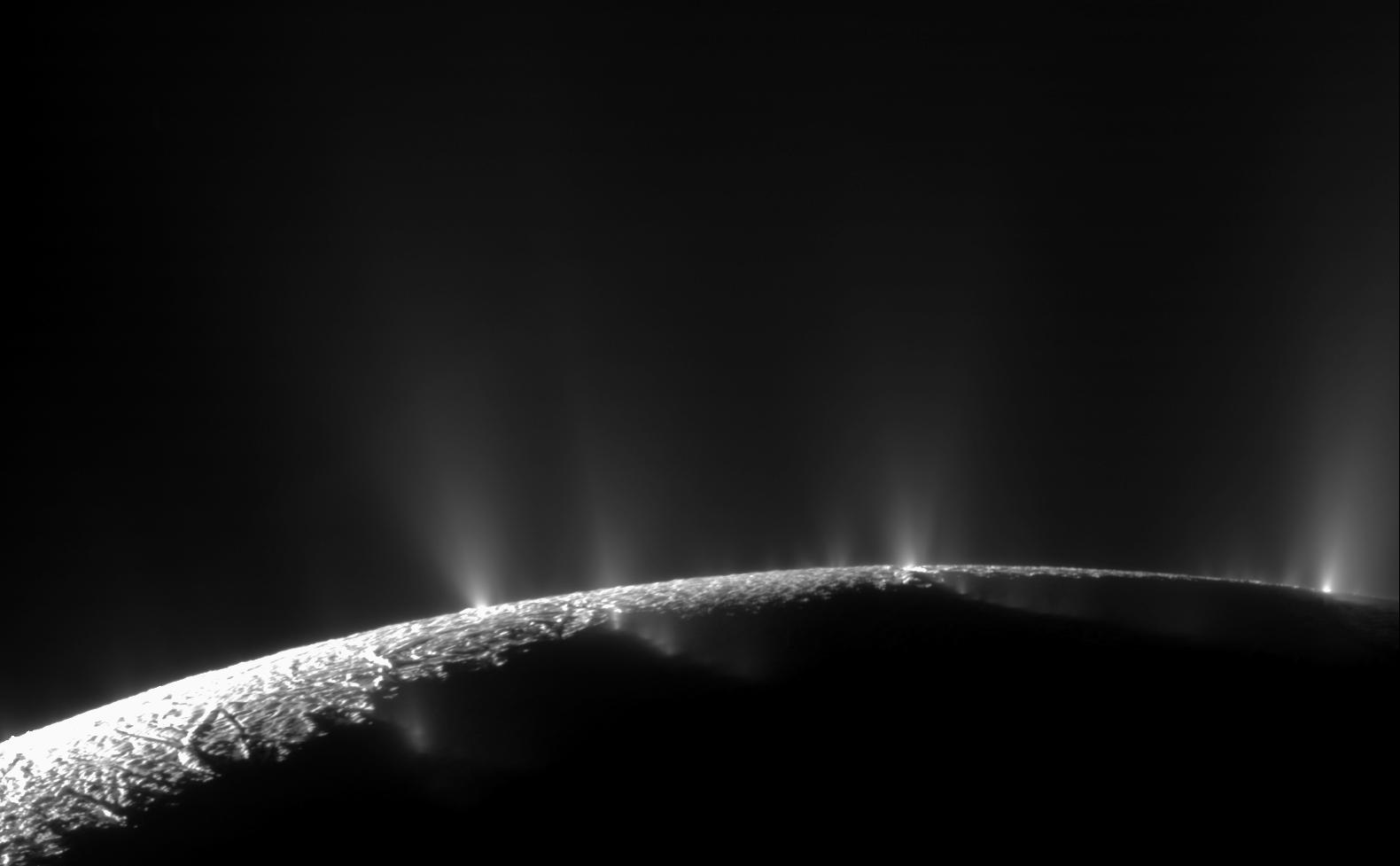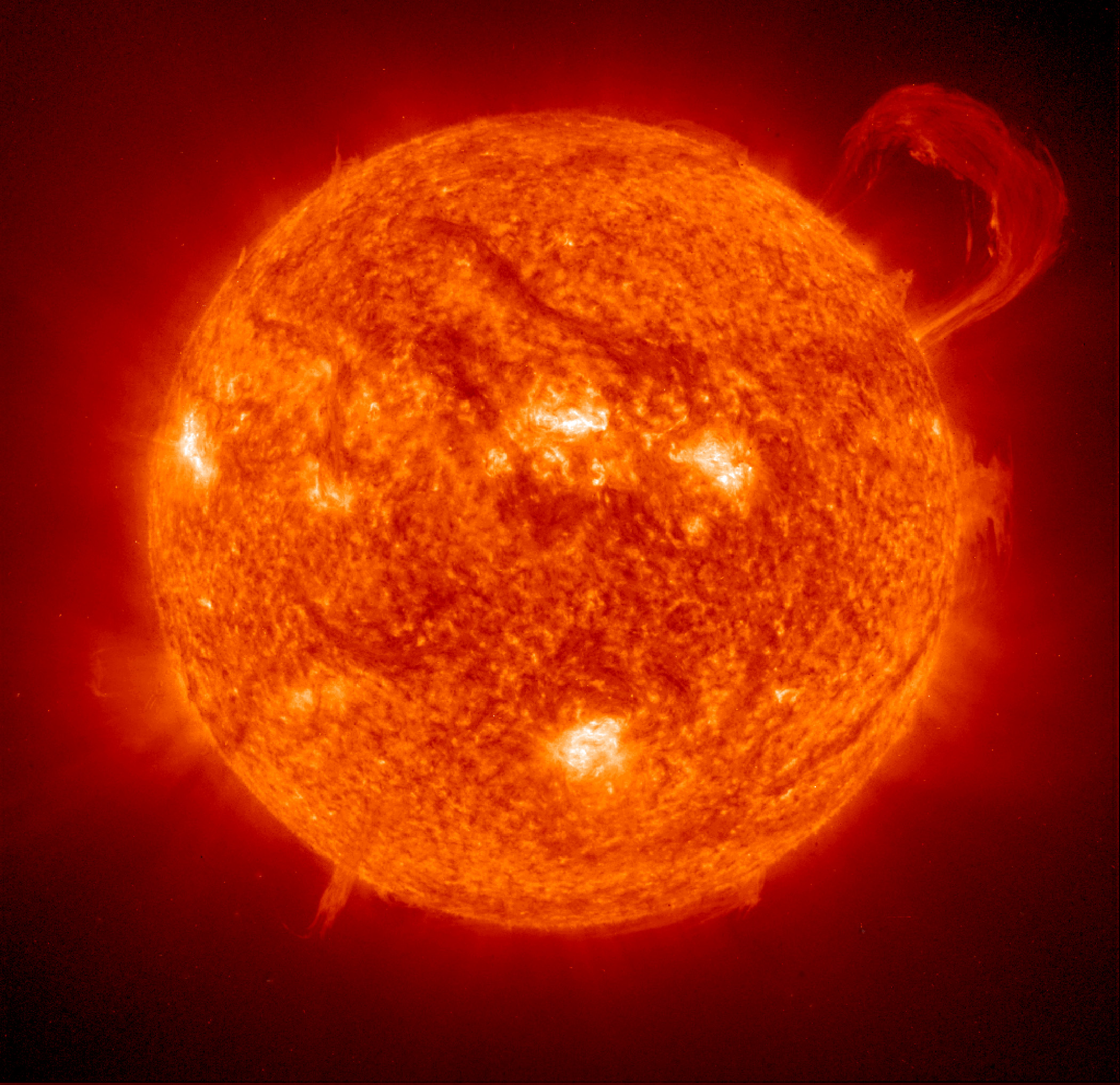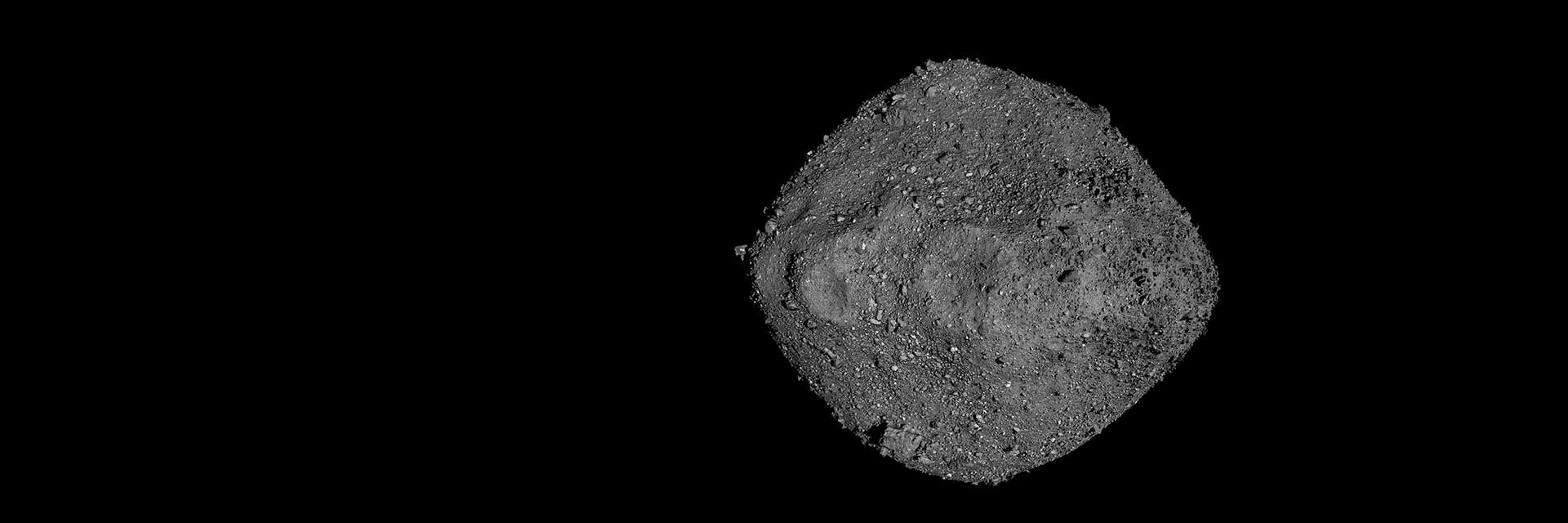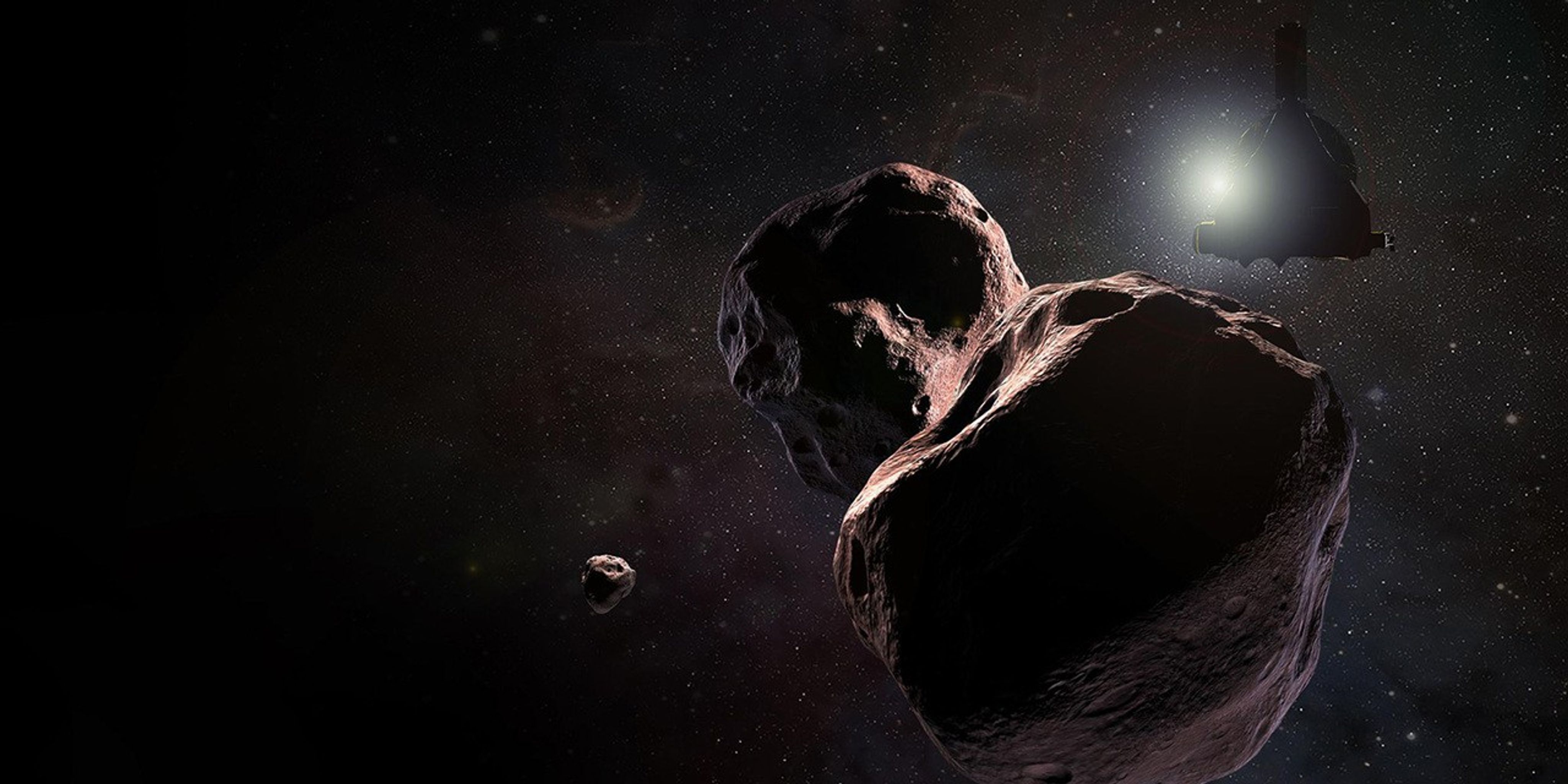3 min read
Cassini Significant Event Report
For Week Ending 07/05/02
The most recent spacecraft telemetry confirms the Cassini spacecraft is in an excellent state of health and is operating normally. Cassini will continue 24-hour Deep Space Network coverage in support of the Radio Science Subsystem Solar Conjunction Experiment until its conclusion next week. Information on the spacecraft's position and speed can be viewed on the "Present Position" web page.
July 1st marked the event of exactly two years until Cassini executes Saturn Orbit Insertion.
Changes in launch requirements and a new launch date for Contour have resulted in DSN coverage updates and a few tracking gaps for Cassini. A revised version of the C32 Sequence of Events file, Space Flight Operations Schedule, and DSN Keywords file have been released reflecting the current July 2nd launch date.
The C33 Preliminary Sequence Integration & Validation Approval meeting was held last week
The 28th Project Science Group meeting concluded this week in Lisbon, Portugal.
Instrument Operations (IO) Visual and Infrared Mapping Spectrometer (VIMS) personnel from JPL attended the VIMS Science Team meeting in Lisbon, Portugal. Important issues regarding the capabilities of the on-board compressor were discussed with the French compressor expert. IO presented the contents of the next flight software upgrade and the results from recent cruise activities.
Mission Support and Services Offices and Mission Planning Team personnel supported the Deep Space Mission System Services (DSMS) Mission Workshop. The primary topic of discussion was the need for projects to establish a "prioritization" scheme for November 2003 through February 2004. This period has an unusually high number of activities from many projects including the Cassini Radio Science Gravitational Wave Experiment, Saturn approach science, and a significant number of Mars activities. The prioritization will allow the OPS Chief and other real-time personnel to make appropriate choices should a DSN resource become unavailable. To help alleviate this situation, DSMS has added nine new Tracking Support Specialist positions, will be utilizing Multiple Spacecraft Per Antenna capabilities, and plans to use the Parkes and New Norcia stations in Australia for Mars view periods.
The Spacecraft Office delivered an engineering delivery of the Inertial Vector Propagator/ Kinematic Prediction Tool 8.02 software set to fix 4 items required for Science Operations Plan Implementation of the S09 and S10 tour sequences.
Mission Assurance supported the second joint JPL/Aerospace Risk Management Workshop. This workshop, conducted at JPL, was a follow-on to one conducted at Aerospace Corporation last month. These workshops will continue in an effort to jointly work together to advance the process of Risk Management.
Additional information about Cassini-Huygens is online at http://saturn.jpl.nasa.gov.
Cassini will begin orbiting Saturn on July 1, 2004, and release its piggybacked Huygens probe about six months later for descent through the thick atmosphere of the moon Titan. Cassini-Huygens is a cooperative mission of NASA, the European Space Agency and the Italian Space Agency. JPL, a division of the California Institute of Technology in Pasadena, manages the mission for NASA's Office of Space Science, Washington, D.C.
Media Relations Office
Jet Propulsion Laboratory
California Institute of
Technology
National Aeronautics and Space
Administration
Pasadena, Calif. 91109.
Telephone (818) 354-5011







